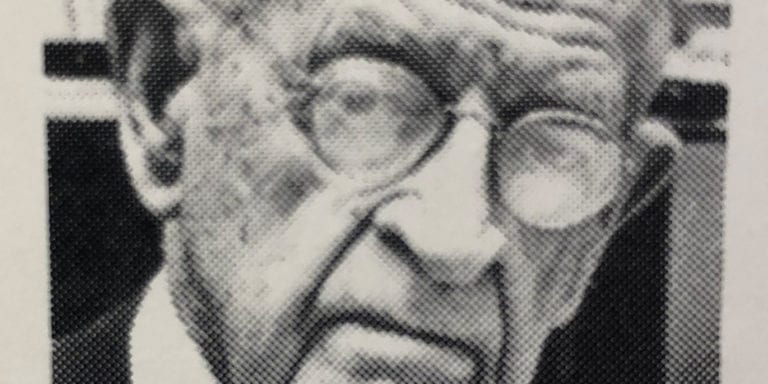
Some of my customers are decidedly memorable. Some even evoked a bit a magic to me. Judge Delaplaine was like that. There was something in his eyes—more than a twinkle—it was like there was more in his eyes than most people. Maybe a bit of Tolkien’s “Elvish” in him. It just seemed when I encountered him, he knew things most people do not.
Much of this story was written long ago. The Judge passed away in 1989. And that was long before the initial version of this story was written. So maybe some of these memories are a bit rusty or awry.
He was one of my early customers. He seemed to like me which surprised me since I was just a kid trying get to a used bookshop off the ground.
He liked history—especially Maryland history. It was hard to ever find anything he needed because in many ways he “wrote the book” on Maryland history. He wrote many books on Maryland history. I would get copies of his early books from estates and downsizers. I would actually acquire more of his books from other sources than I ever got desirable history books he didn’t already have.
Why?
His first book was Frederick City Code (or more precisely Frederick City Code Containing Public Local Laws of Maryland Relating to the City of Frederick and Ordinances of the Mayor and Aldermen of Frederick.) It was published in 1920! That was kind of a dry little thing. But, then, the author was only 26 or 27 then. I didn’t see many copies of that book. I doubt many were printed. It didn’t sell very well when I did.
His next book The Life of Thomas Johnson, Member of the Continental Congress, First Governor of the State of Maryland, and Associate Justice of the United States Supreme Court.
Here’s a bookseller’s blurb about it:
Frederick H. Hitchcock [The Grafton Press], New York, NY, 1927. xi, [1]517, [5] p. From Wikipedia: “Thomas Johnson (November 4, 1732 October 26, 1819) was an American jurist with a distinguished political career. He was the first Governor of Maryland, a delegate to the Continental Congress and an Associate Justice of the Supreme Court of the United States. On August 5, 1791, Johnson received a recess appointment from Washington to the seat on the U.S. Supreme Court that became available after John Rutledge resigned. Formally nominated on October 31, 1791, Johnson was confirmed by the United States Senate on November 7, 1791. Though he received his commission that day, he was not sworn in until August 6, 1792. Johnson was the author of the Court’s first written opinion, Georgia v. Brailsford, in 1792. He served on the court until January 16, 1793, when he resigned, citing his poor health and the difficulties of circuit-riding. He thus had the shortest tenure (to date) on the Court.”
After that Judge Delaplaine wrote numerous books and pamphlets. Here’s a link to his name on World Cat. You can scroll through the titles and years. All the years in the middle two-thirds of the 20th century, he was a very active attorney and then a jurist. 1983 was when his last book—John Philip Sousa and the National Anthem—was published. He turned 90 in 1983.
In 1983, I had been in business 3 years. I was still under 30.
I recall we were asked to sell that book new. Back then we did stock select full price new books on occasion. Usually they were books of local interest. We even had occasional author signings. Civil War historian Rev John Schildt always came in for one whenever he had a new book come out. He was a great friend and mentor and customer as well. I don’t think the Judge did one of those, but he signed a number of the 20 or so copies we had on our sales counter.
The dust jacket had a synopsis of his career:
Edward S. Delaplaine lives in Frederick, Maryland, his native city. After studying law at Washington and Lee University and the University of Maryland, he was admitted to the Maryland bar and elected to the Maryland Legislature. During the first World War he served in Washington as a member of the State Councils Section of the Council of National Defense. He served as City Attorney of Fredrick, County Attorney, United States Conciliation Commissioner, Chief Judge of Maryland’s Sixth Judicial Circuit, and for eighteen years as Associate Judge of the Court of Appeals of Maryland. He was a member of the first Conference of Chief Justices that met in St. Louis in 1949, and a member of the Maryland and Virginia Potomac River Commission that wrote the Potomac River Compact which was adopted at Mount Vernon in 1958 and approved by Maryland and Virginia and by Congress and President Kennedy.
John Philip Sousa and the National Anthem is Judge Delaplaine’s fourth major historical work. His first was The Life of Thomas Johnson, followed by Francis Scott Key, Life and Time and Maryland in Law and History.
The Judge had a thing for the “The Star-Spangled Banner.” He wrote a couple books on Frederick native son Francis Scott Key. Here’s an excerpt from the Wikipedia page:
Key was an American lawyer, author, and amateur poet from Frederick, Maryland who is best known for writing a poem which later became the lyrics for the United States’ national anthem, “The Star-Spangled Banner.”
During the War of 1812, Key observed the British bombardment of Fort McHenry in Maryland in 1814. Key was inspired upon viewing the American flag still flying over the fort at dawn, and wrote the poem “Defence of Fort M’Henry,” which was published a week later. The poem was adapted to the tune of the popular song “To Anacreon in Heaven.” The song with Key’s lyrics became known as “The Star-Spangled Banner,” and slowly gained in popularity as an unofficial anthem over the years, finally achieving official status more than a century later under President Herbert Hoover as the United States national anthem.
Key was a lawyer in Maryland and Washington D.C. for four decades, and worked on important cases like the Burr conspiracy trial, and argued numerous times before the U.S. Supreme Court. Nominated for U.S. attorney by President Andrew Jackson, he served from 1833 to 1841.
It has been speculated that the U.S. motto “In God We Trust” was adapted from a line in the fourth stanza of the “Star-Spangled Banner.”
So, Judge Delaplaine’s interest in Key was multifaceted—National Anthem, local author and poet and large legal presence in Maryland and DC.
In the early days, I ran into signed Key legal documents fairly often. His posthumous book of poems was actually not extremely uncommon back then.
I always thought this page was particularly cool. I have a couple copies around here somewhere…
[Another F Scott—F Scott Fitzgerald was a distant cousin of Key. Fitzgerald and his wife Zelda are buried in Rockville, Maryland only 25 minutes or so from Frederick.]
Sometime after—maybe a couple years?—I was summoned to Judge Delaplaine’s offices in downtown Frederick. There were in the Knights of Pythias Castle.
When I walked down the long brightly polished linoleumed hallway with high glossy painted plaster walls, I had the feeling the Judge had had a long tenure there. If so, the building had been very young when he moved into it. Now it was worn and cracked, much as the judge’s mid 90s seamed face.
The offices had long ceased being an active law office. More than anything, it was now an annex for his personal library and a place for him to go every day to get out of the house, I think. The walls were lined with very, very many matching seven-foot leaded glass-front bookcases—barrister bookcases, of course. These cases had filled the office rooms, multiplied and were spilling out into the public hallway lining both sides of that wall about fifteen feet beyond his doors. The books were quite nice but nothing of great rarity. He had a large Lincoln collection. A lot of people of his generation collected Lincoln. I suppose after Jesus and Shakespeare, Lincoln must be the most popular subject of biographies. Who is fourth? Hitler? Napoleon?
In the Judge’s bookcases, there was lots of history. Some law. And no fiction. You seldom find a large library with no literature. Apparently, he’d have none of that. We quickly came to an agreement on price. I made an offer on some of the bookcases as well. He accepted that too, initially. Later when we picked up the books and I inquired about the shelving, his eyes lost their twinkle, and he let me know my offer had been substantially below their actual value. Apparently, some antique dealer wanted them more than I. I was crestfallen. I hadn’t been trying to deceive. I merely reflected what I wished to pay. My awkward explanation, that I was not aware of their antique value was dismissed with an air of disappointment rather than anger. I was still a very young man and certainly no furniture dealer.
This was the last person I wanted to alienate. Not only out of respect, but his family was one of the most powerful in the area. They owned the newspaper, telecommunications, real estate and much more. A bad word on their grapevine could put a serious dent in my still young reputation.
In a moment, he chuckled and his eyes twinkled merrily.
“No. No, I wouldn’t think you’d have run into cases like these before. Someday I will tell you the story of how these came here. And whose law offices these came from.”
I was surprised a month or so later when he called me to his home. It was in the classic fashionable old school Frederick neighborhood not far from Baker Park.
I knocked on the front door. His wife answered, and I was ushered into his kitchen. He was seated on an old wooden kitchen chair in the doorway. He was an in white collared shirt and suspenders holding up baggy trousers. A large white towel was wrapped about his neck. His face was mottled with shaving cream likely whipped up in a mug and applied with a badger hair brush.
He was being shaved by a man of color not much younger than he. I was introduced to Mr… I have forgotten that one time introduction. Maybe it was Lee? I got the feeling they had been together a very long time. Perhaps decades. Their relationship was from another time. Another context. It should not be judged with the same scales we use today. Our “scale” will be judged in the future too. I hope we come out ok with that evaluation.
When judge saw me, his eyes lit up.
“I’ll be with you in a moment.”
I stood in the oaky hallway before him and watched.
He did not speak and dared not move, I’m sure. Mr. Lee was using a very long straight razor on his lathered neck. His huge pendulous ears were then trimmed and his craggy face cleaned of any remaining shaving cream with the towel from around his neck. He rose up to his imposing height and pulled his jacket over his suspenders. Men of his generation would rarely appear without a jacket. My long deceased father-in-law would usually mow his lawn in a tweed jacket and tweedy trilby with a little feather sticking up out its hatband.
He led me up several flights of oak steps to the attic. The ceiling was only about six feet high. The Judge had to duck a bit as he led me in. It was one room which was as large as the footprint of the house. It was filled with matching oak five-foot leaded glass-front bookcases—barrister bookcases. There were so many cases in the confined space we would have to sidle between rows, the space being too narrow to walk straight forward. It was all more no-nonsense material. History mostly. But there was a fairly large area that didn’t seem to fit in with the rest. It was a long run of books on reincarnation and the afterlife. There were no “popular” or sensational titles here. It was a mix of clinical and quasi-religious spiritual titles. This part of the collection went back many years…maybe sixty. So this was not a late life area of interest for him. He was serious about the subject.
I made the strongest offer I could afford for everything, and he agreed to it.
I got the impression his wife would be very glad to have the books out of the house.
When I had finished schlepping last load of dozens and dozens of boxes down the stairs, across the porch and down those steps to the walkway and then on to my 1985 Toyota Mini Van at the curb, I met him on the porch. I had a slightly damp blank check in my hand.
“May I borrow a pen?” I asked. “I’ll settle up and be on my way.”
“Yes. I’m sure you’ll find places for my books.” His eyes sparkled and captured me somehow for a moment. I can relive that moment to this day. He knew “something.”
I wrote the check, handed it to him and shook his hand. It was the last I ever saw him.
When I read in the newspaper he had passed on a year later, a tingle ran through me. I recalled that collection of books about death not being the end.
I wondered if he left voluntarily.
I often wonder when someone lets go of their “How to Make a Million Dollars” books to me—did they give up? Or, did they succeed and, therefore, they simply do not need them anymore?
I wondered with some selfish hope that he had discovered something and that when the judge’s work here was done, he had simply decided to move on.

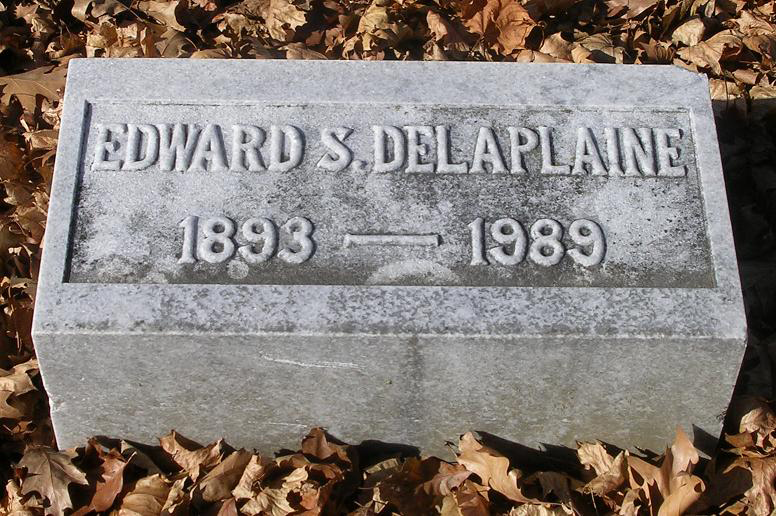
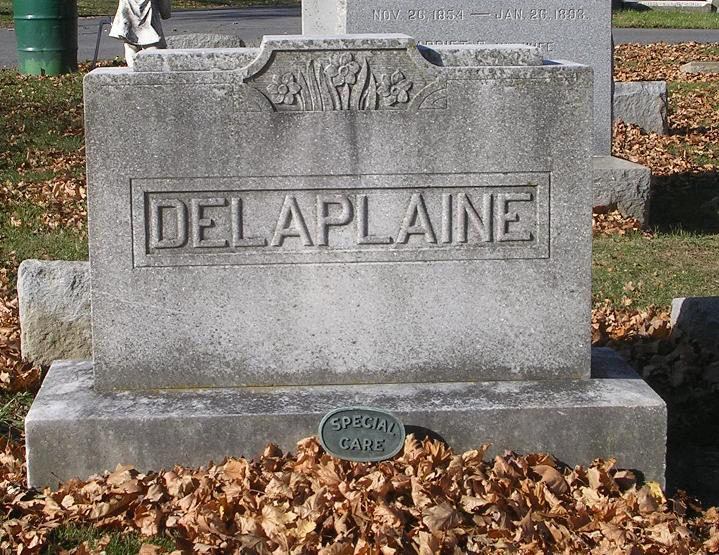
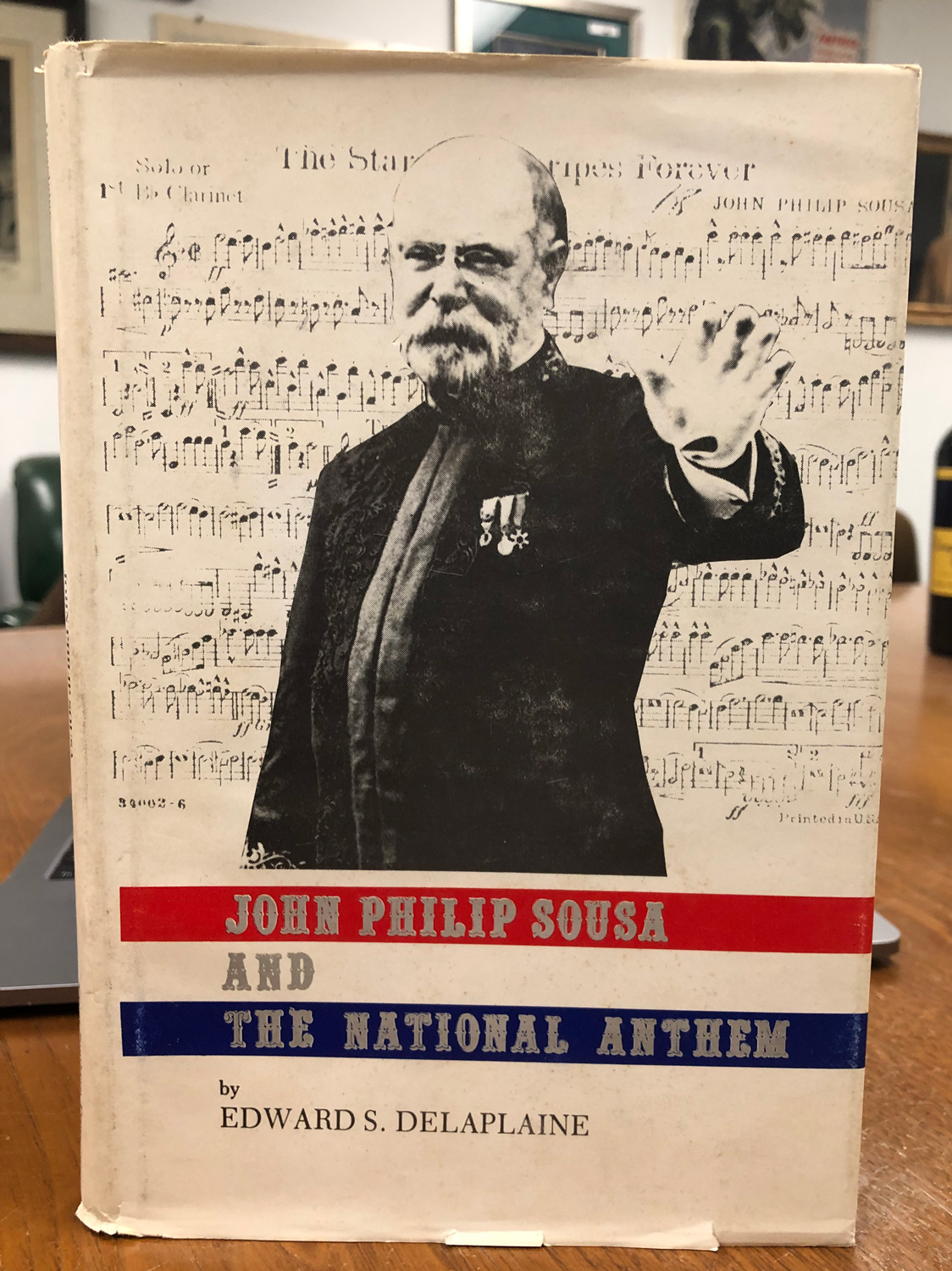
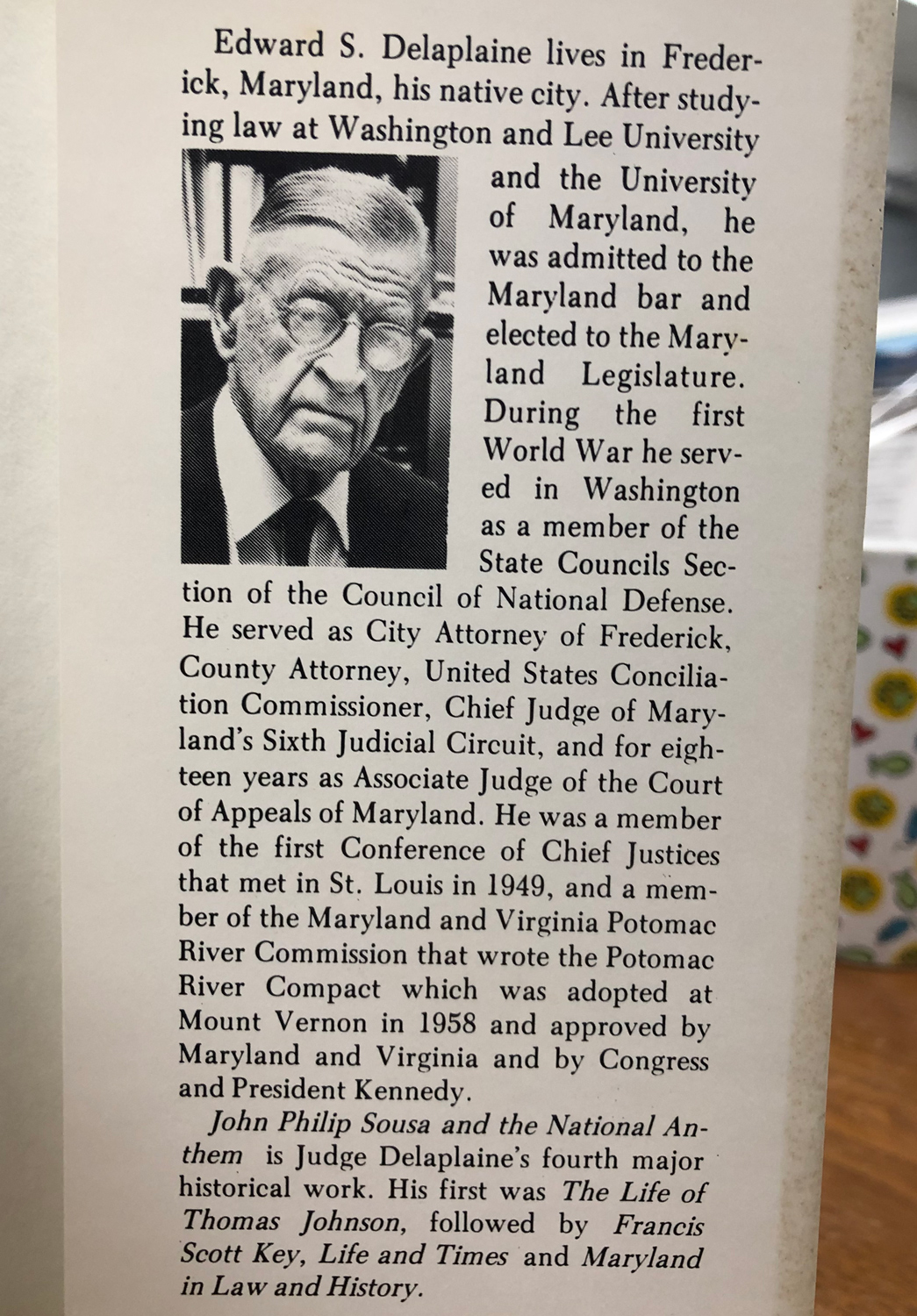
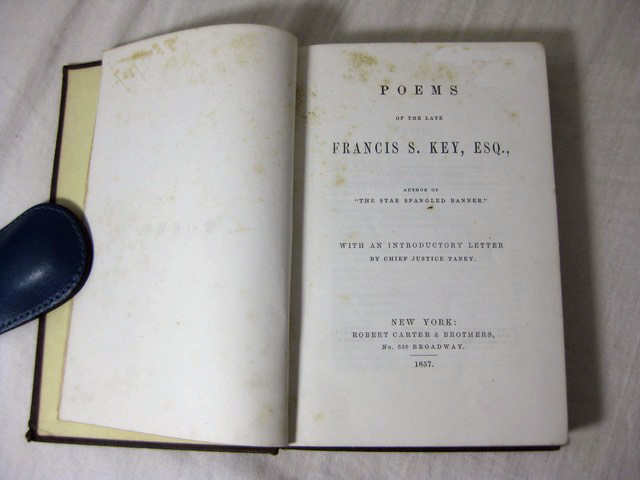
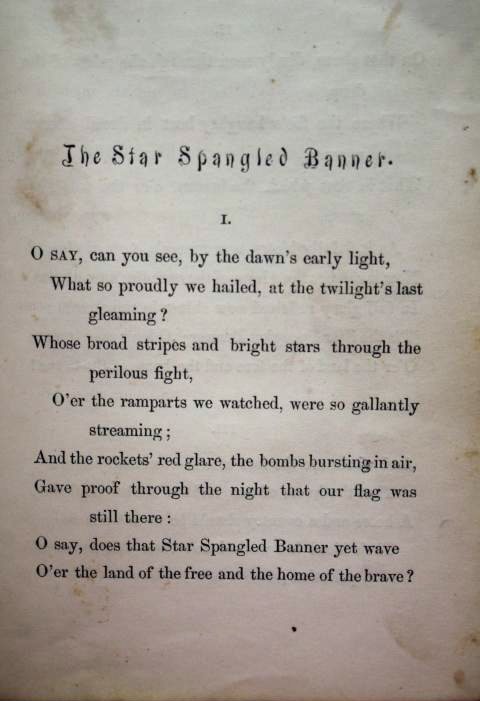
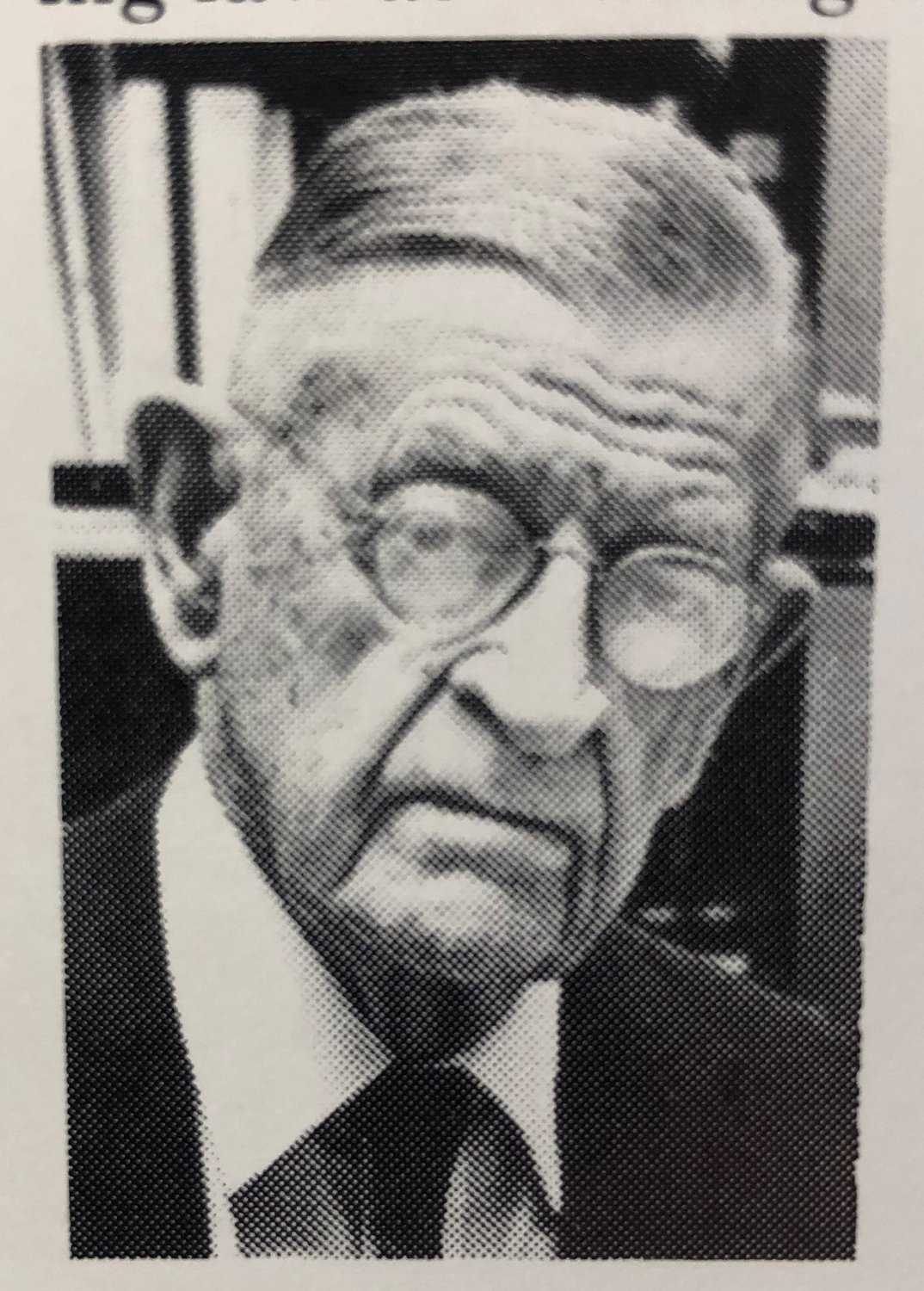
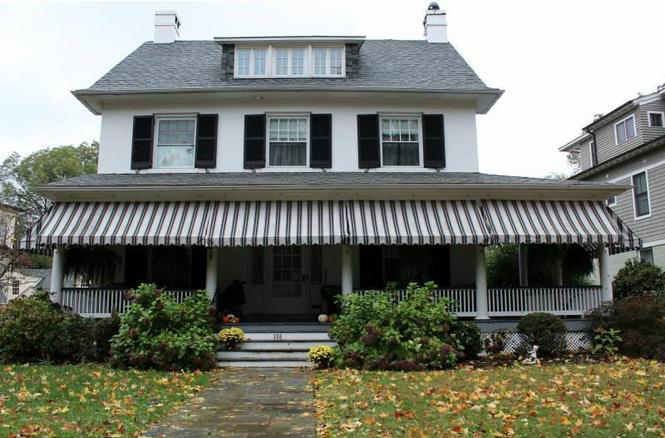

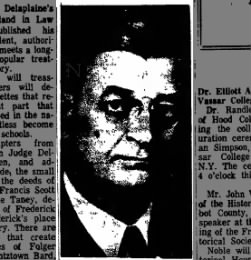
There are no comments to display.